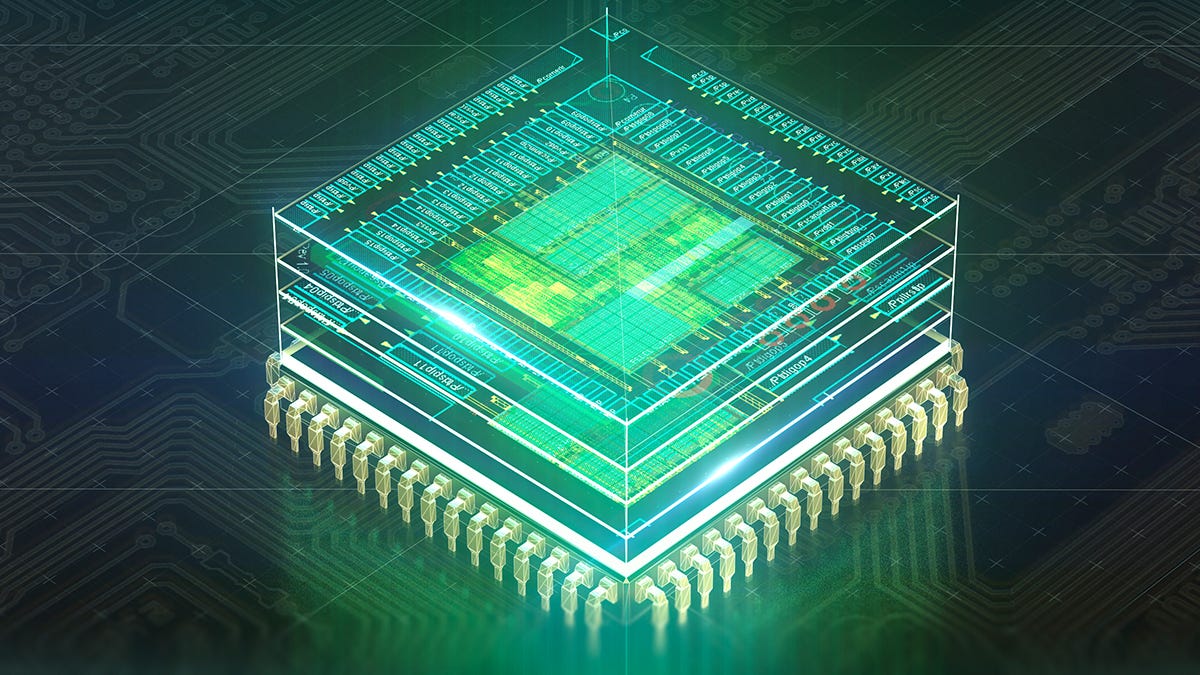In the rapidly evolving world of quantum computing, simulators play a crucial role in bridging the gap between theoretical quantum mechanics and practical quantum computation. This 500-word article delves into the realm of quantum computing simulator, exploring their significance, how they operate, and the potential they hold for the future.
Understanding Quantum Computing Simulators
Quantum computing represents a paradigm shift from classical computing. While classical computers use bits as their basic unit of information, quantum computers use quantum bits, or qubits. Qubits can exist in multiple states simultaneously, thanks to quantum phenomena like superposition and entanglement. This allows quantum computers to process a vast amount of data at unprecedented speeds.
However, the complexity of quantum systems poses significant challenges. Here, quantum computing simulators come into play. They are tools—either software or hardware—designed to mimic the behavior of quantum computers. These simulators allow researchers and developers to test and debug quantum algorithms in an environment that emulates a quantum computer.
The Role of Quantum Simulators
Quantum computing simulators serve several key purposes:
1. Algorithm Development and Testing: Simulators provide a platform for developing and testing quantum algorithms without needing a real quantum computer.
2. Educational Purposes: They are invaluable for educational and research institutions, allowing students and researchers to explore quantum computing concepts.
3. Feasibility Studies: Simulators help in assessing the feasibility of quantum algorithms and applications before they are deployed on actual quantum hardware.
4. Bridging the Quantum-Classic Divide: They enable classical computer users to gain familiarity with quantum computing concepts and operations.
Types of Quantum Computing Simulators
Quantum computing simulators can be broadly classified into two categories:
1. Classical Simulators: These are software programs running on classical computers. The computational capabilities of conventional computers place restrictions on how accurately they can simulate the quantum computing environment.
2. Quantum Processor-based Simulators: Some quantum computers can be used in a simulation mode to emulate other quantum systems. They offer more accuracy but are more complex and resource-intensive.
Challenges in Quantum Computing Simulation
Simulating quantum systems on classical computers is inherently challenging due to the exponential increase in computational resources required as the number of qubits increases. Even the most powerful classical computers can simulate only a limited number of qubits. This limitation is a significant hurdle in the path of developing large-scale quantum simulations.
The Future of Quantum Computing Simulators
As quantum technology continues to advance, the capabilities of quantum simulators are also expected to grow. Future developments in quantum simulation will likely include:
1. Enhanced Scalability: Improvements in algorithms and computational techniques to simulate larger quantum systems.
2. Hybrid Simulators: Combining classical and quantum computing elements to enhance simulation capabilities.
3. Increased Accessibility: Making quantum simulators more user-friendly and accessible to a broader range of users, including those without a background in quantum physics.
4. Integration with Quantum Cloud Services: As quantum computing moves to the cloud, simulators too will become more widely available via cloud platforms.
Conclusion
Quantum computing simulators are at the forefront of the quantum revolution. They are not only essential tools for current quantum computing research and development but also the building blocks for understanding and harnessing the full potential of quantum technologies. As we move towards a future where quantum computing is expected to solve complex problems beyond the reach of classical computers, quantum simulators will undoubtedly play a pivotal role in this transformative journey.

















Leave a comment